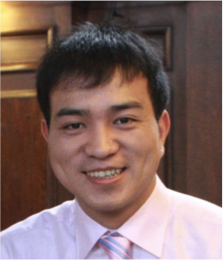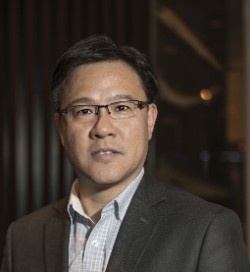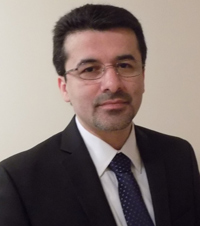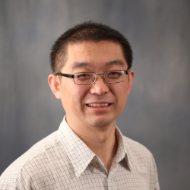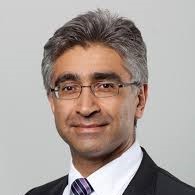ECE, Univ. of Florida
Yier Jin (S’07-M’12-SM’19) is the Endowed IoT Term Professor in the Warren B. Nelms Institute for the Connected World and also an Associate Professor in the Department of Electrical and Computer Engineering (ECE) in the University of Florida (UF). Prior to joining UF, he was an assistant professor in the ECE Department at the University of Central Florida (UCF). He received his PhD degree in Electrical Engineering in 2012 from Yale University after he got the B.S. and M.S. degrees in Electrical Engineering from Zhejiang University, China, in 2005 and 2007, respectively. His research focuses on the areas of embedded systems design and security, trusted hardware intellectual property (IP) cores and hardware-software co-design for modern computing systems. He is also interested in artificial intelligence (AI) security and its applications in hardware domain. His is currently focusing on the design and security analysis on Internet of Things (IoT) and wearable devices with particular emphasis on information integrity and privacy protection in the IoT era. Dr. Jin received Young Investigator Grant from Southeastern Center for Electrical Engineering Education (SCEEE) in 2015, early CAREER award from Department of Energy (DoE) in 2016, Outstanding New Faculty Award (ONFA) from ACM's Special Interest Group on Design Automation (SIGDA) in 2017, and Young Investigator Award (YIP) from Office of Naval Research (ONR) in 2019. He also received the Best Paper Award of the 52nd Design Automation Conference (DAC) in 2015, the 21st Asia and South Pacific Design Automation Conference (ASP-DAC) in 2016, the 10th IEEE Symposium on Hardware-Oriented Security and Trust (HOST) in 2017, the 2018 ACM Transactions on Design Automation of Electronic Systems (TODAES), the 28th edition of the ACM Great Lakes Symposium on VLSI (GLSVLSI) in 2018, and the Design, Automation and Test in Europe Conference and Exhibition (DATE) in 2019. He is the IEEE Council on Electronic Design Automation (CEDA) Distinguished Lecturer. He is also a senior member of IEEE.
